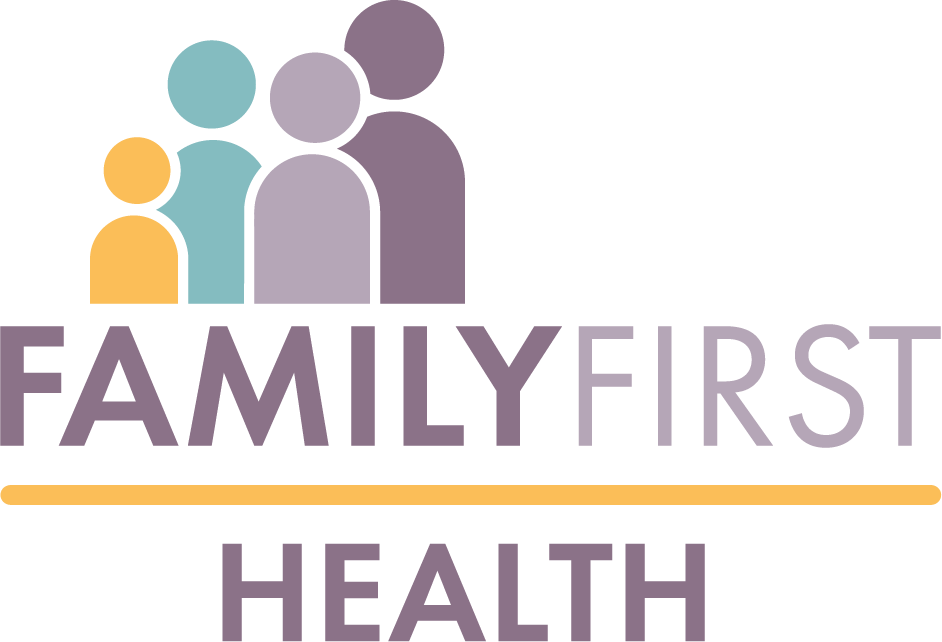Today is World AIDS Day. Since 1988, December 1st has been designated as a day to unite to end AIDS and remember those who have been lost to AIDS and HIV illnesses.
Since the first AIDS cases were diagnosed in the early 1980s, we’ve come a long way – in education and knowledge of the HIV virus but especially of the treatment options for those infected with the virus. AIDS no longer results in certain death.
But there still are challenges. Getting more people tested for one and the stigma that still exist.
On The Spark Friday, Nikki Buchanan, Case Manager Supervisor at Family First Health said there was a drop-off of testing during the COVID pandemic but more people should get tested for HIV,â€The best that we can do is educate the community to let them know that it’s okay to get tested. There are ways that you can get tested where you don’t have to go into a medical facility. You can actually get a free HIV test. I get my HIV test gets delivered to your door because some individuals don’t they just don’t feel comfortable being out in a medical facility and getting tested again. It goes back to the stigma of HIV and that automatic thought that that’s a death sentence. But we do try to really educate, that it’s not a death sentence. We’ve come such a far way since the 1980s what people thought of HIV and AIDS. So in 2022, we have made so many advances that we just want to want to educate the community that it’s okay to get tested, it’s okay to talk about your your situation and your personal life. And we don’t think of you any differently.â€
Dr. Jarrett Sell, a family physician who specializes in HIV treatment and prevention at Penn State Hershey Medical Center was also on The Spark. He indicated treating AIDS has progressed significantly,â€I think the complex regimens of medications that folks had to take 20, 30 years ago, you know, that often caused a lot of side effects and were, you know, multiple 20 or 30 pills a day was very difficult. I think anybody would have a hard time sort of adhering to a regimen like that. Today, treatment is much simpler. So not only do we have very effective treatments, but most of the folks that I treat, you know, are taking a single pill once a day, which is often very well tolerated. So, you know, it ends up being HIV treatment can end up being similar to high blood pressure treatment or diabetes treatment or in some cases even simpler than some of those other chronic diseases that we see very, very commonly. And I think where the difficulty lies is really, you know, many of us have other things going on in our lives.â€
